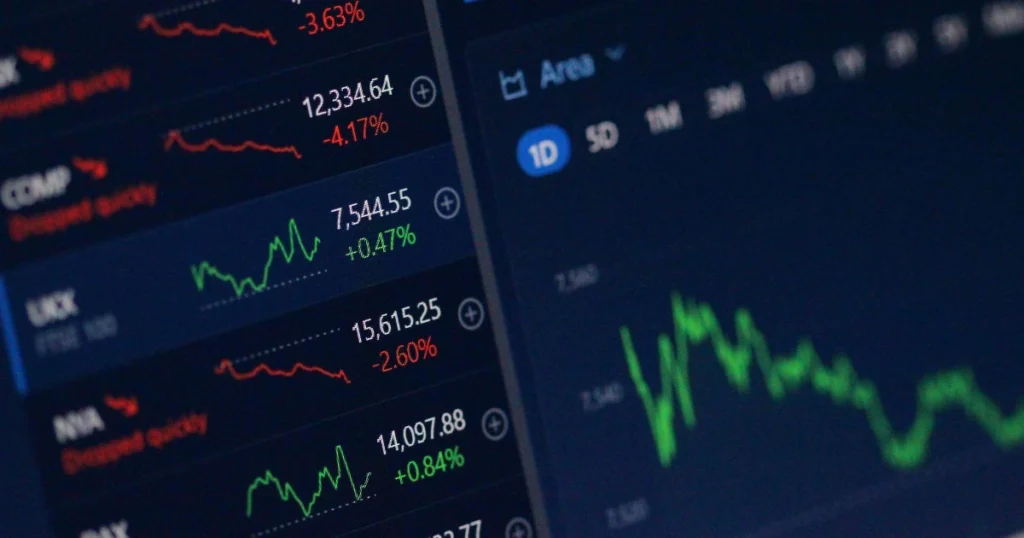The Cost of Legacy Systems

The Cost of Legacy Systems
The cost of maintaining legacy systems is often higher than the cost of purchasing a new system. Legacy antiquated systems often can’t support new business requirements. This results in the use of workaround methods to overcome the missing functionality. It is common to see a myriad of manual processes, ad-hoc standalone software, and solutions, and messy integrations that can cause workflow disruption and decreased productivity.

What Are Legacy Systems?
A legacy system is a solution (software or hardware) that is already either outdated or obsolete and has been replaced with newer versions and is no longer supported. If the principal company no longer supports the solution, companies will need to rely on external freelancers to maintain the solution. It will also be near impossible to add on new functions to meet new business requirements, as there are no further improvements or enhancements to the solution.
Main Issue With Legacy Software
High Maintenance Cost
Legacy systems are similar to outdated technology. One of the most significant issues of legacy systems is the cost required to maintain the system. Examples of the hidden costs involved would be the need to make modifications to suit new requirements, additional IT budget to engage external consultants to manage and maintain the outdated system, and missing opportunities due to the inability to adapt to changing business requirements.
Security Implications
Decreased security is also a considerable concern in legacy systems because there may no longer be security updates or support from the vendor or software owner. Your data and information are at risk as you will not be able to safeguard the system adequately. If there are new security vulnerabilities, you will be at a disadvantage as you will not be able to determine if your system has sufficient security measures to thwart hackers. Most often, this is the biggest reason to upgrade your legacy software as a data breach or hacking incident can have a massive negative impact on your business.
Possibility of Failures
Legacy systems can also contribute to system failure and create downtime that can result in expensive recovery and restoration services, lost sales, damage to the brand & customer experience, and lost employee productivity. Outdated legacy systems are also difficult to maintain and update as they may be a patchwork of different technologies. The outdated legacy system contributes to a lack of performance and impedes business growth in the long run.
Benefits of Modern Systems
The benefits of using a new software solution such as enterprise resource planning are plentiful- in addition to increasing productivity and optimizing efficiency, the ERP decreases the risk of human error by enabling full automation.
- Ease of use that will improve employee experience and motivation
- Lower IT budget by optimizing the resource use of the IT department
- Improved ability to forecast demand and inventory levels
- Better communication between departments within the company
- Higher levels of customer satisfaction
- Increased security from hacking threats
- Cutting down manual paperwork, saving time, reducing errors
- Uncover new business opportunities
- Gain competitive advantage
In conclusion, legacy systems inhibit business scalability and growth. As your business grows, you will face business challenges that may require you to tweak your workflow or process or even introduce a new sales channel. If you are utilising new business solutions that are up to date and have to incorporate the latest business trends, your unique business requirements could be easily met. Your business solution should be able to support your business’s new needs and be flexible enough to be able to grow as your business grow.
If you would like to find out if your business solution requires updating, contact MicroChannel today and we’ll help you to stay competitive with the latest business solution.
-

Build up your knowledge of ERP functionality, emerging technology and industry insights with the 2022 ERP Buyers’ Guide. Save time and effort by getting things right the first itme with trusted ERP advice.
Read Now
SAP Business One is an affordable Enterprise Resource Planning (ERP) software designed for small to midsize businesses. As a business management solution, SAP B1 streamlines business processes, provides real-time information, and help boost overall business performance. The solution covers finance, sales, customer relationship, purchasing, procurement, inventory and manufacturing in one centralised system, enabling accurate and precise information retrieval that assist in reporting, forecasting and analysis.

SAP B1 Modules:
- Accounting
- Sales
- Warehouse & Production
- Purchasing & Procurement
- Inventory & Distribution
- Reporting & Admin
Read More on SAP Business One





